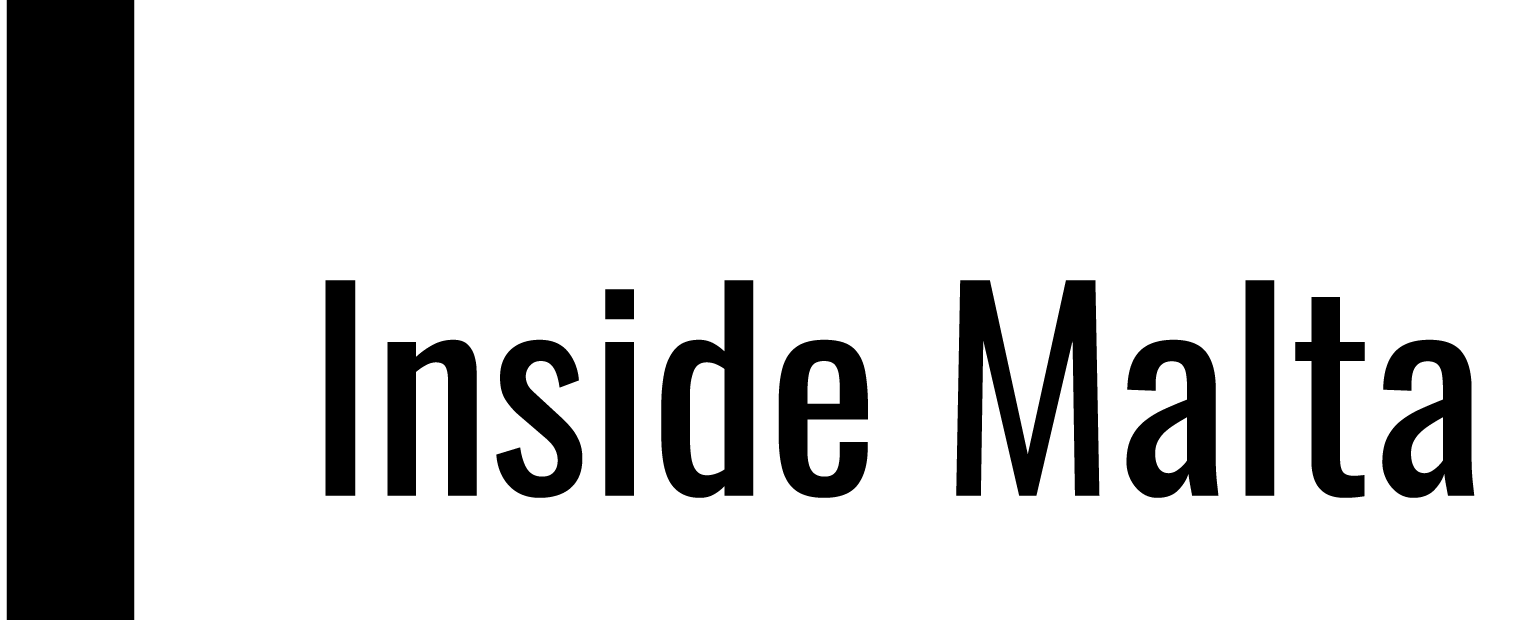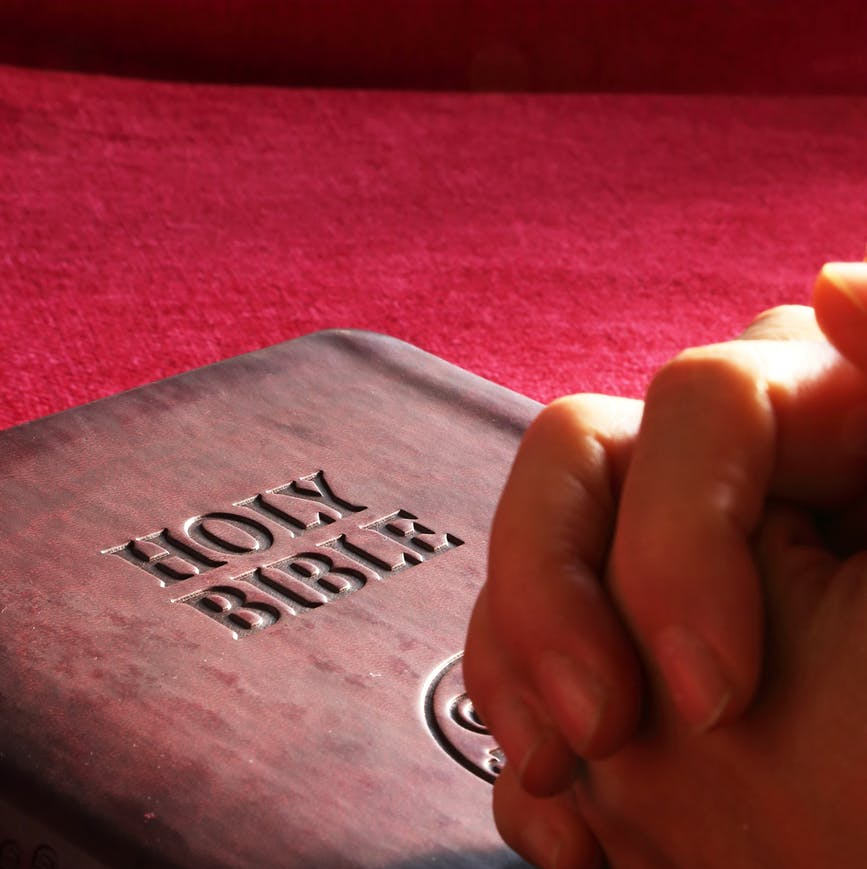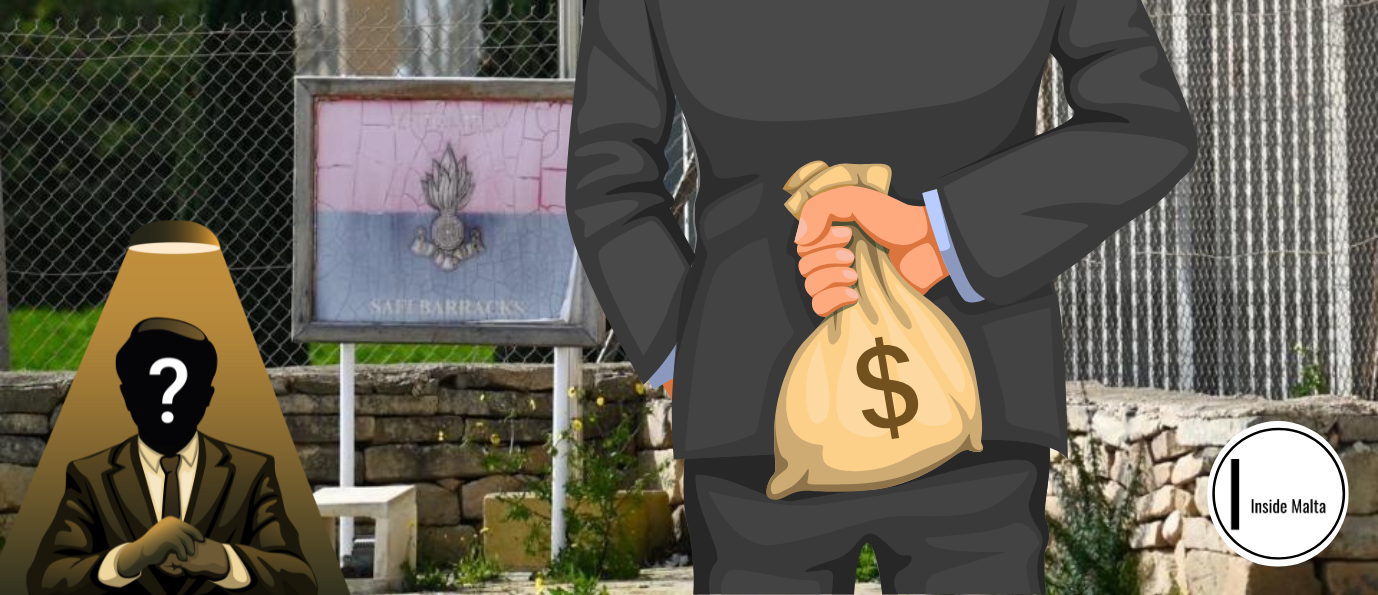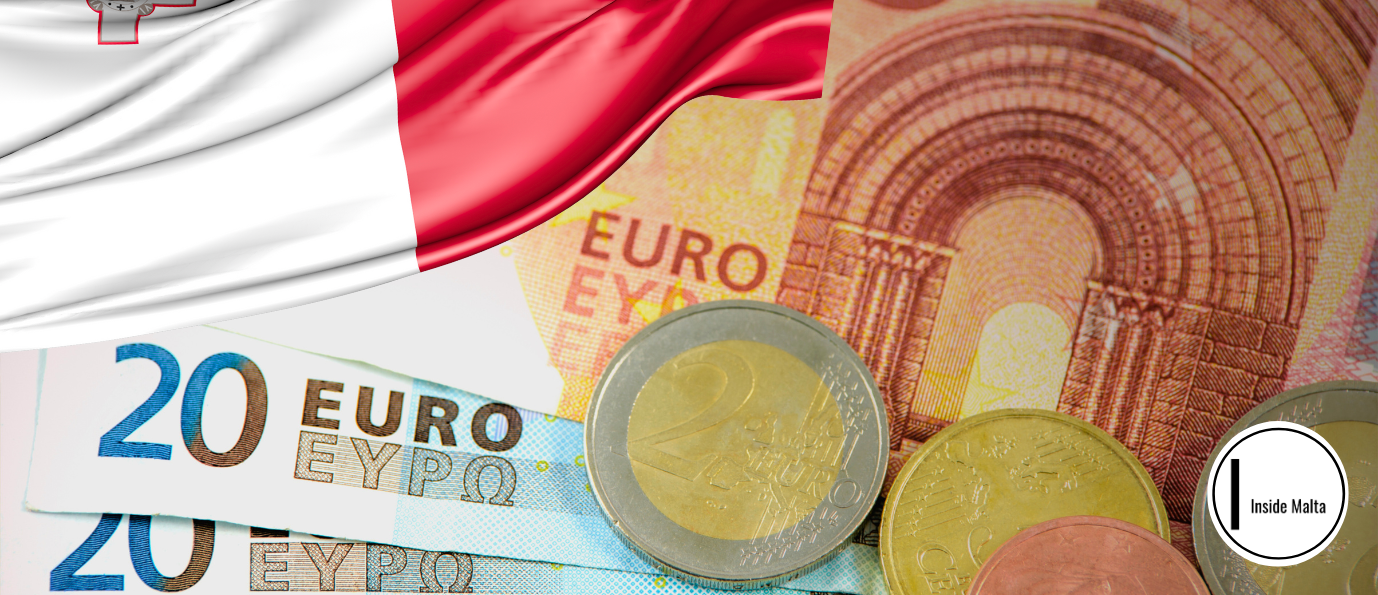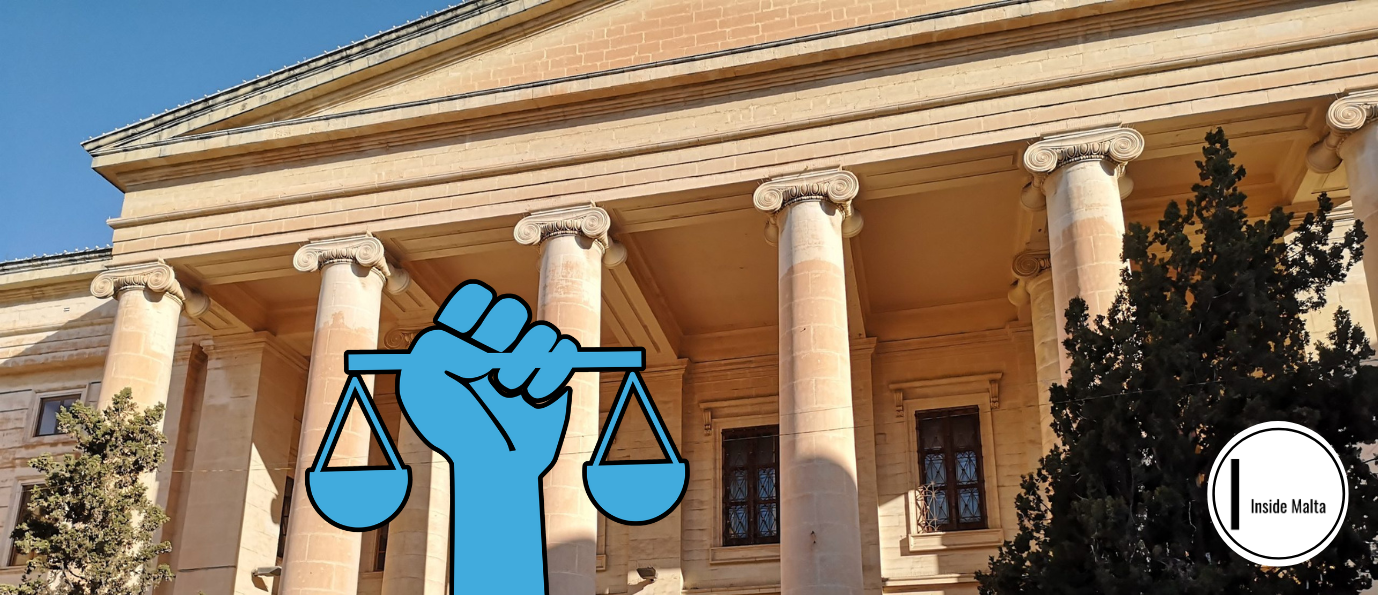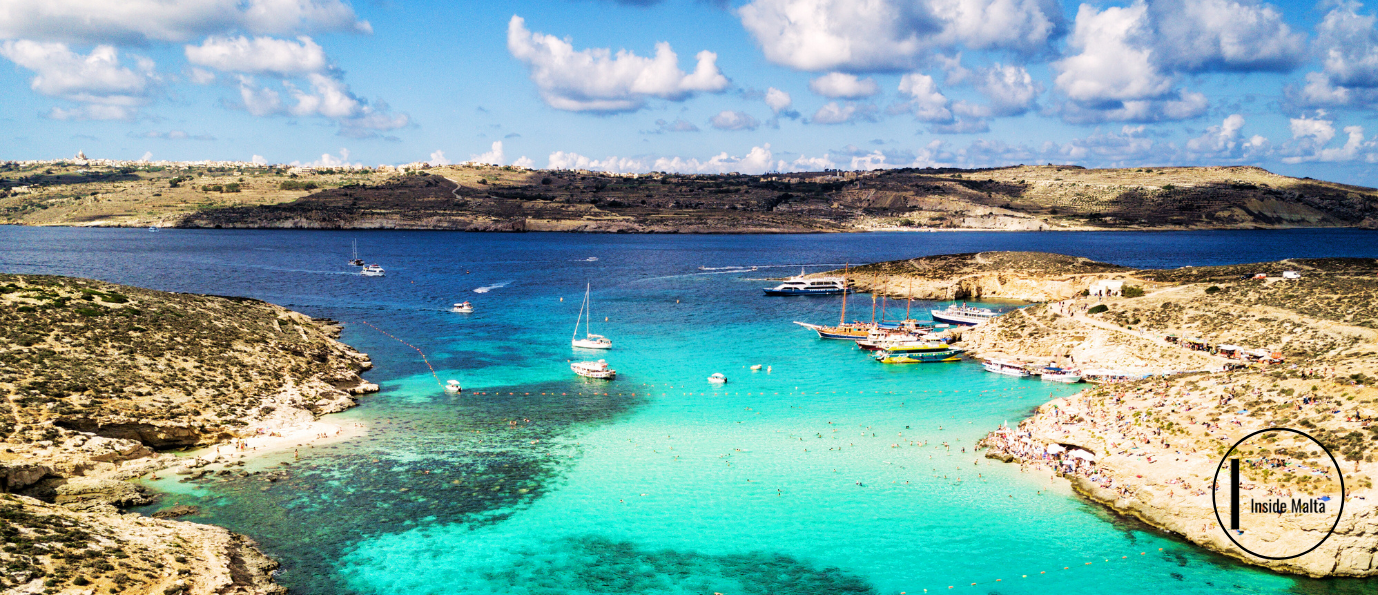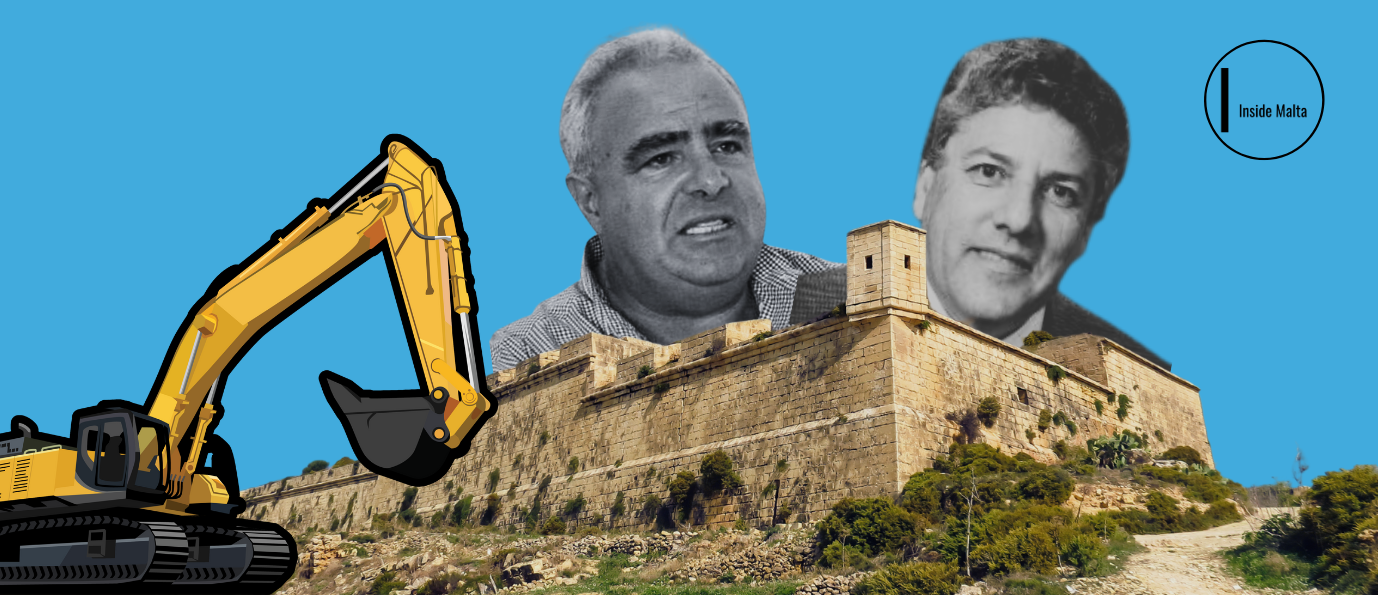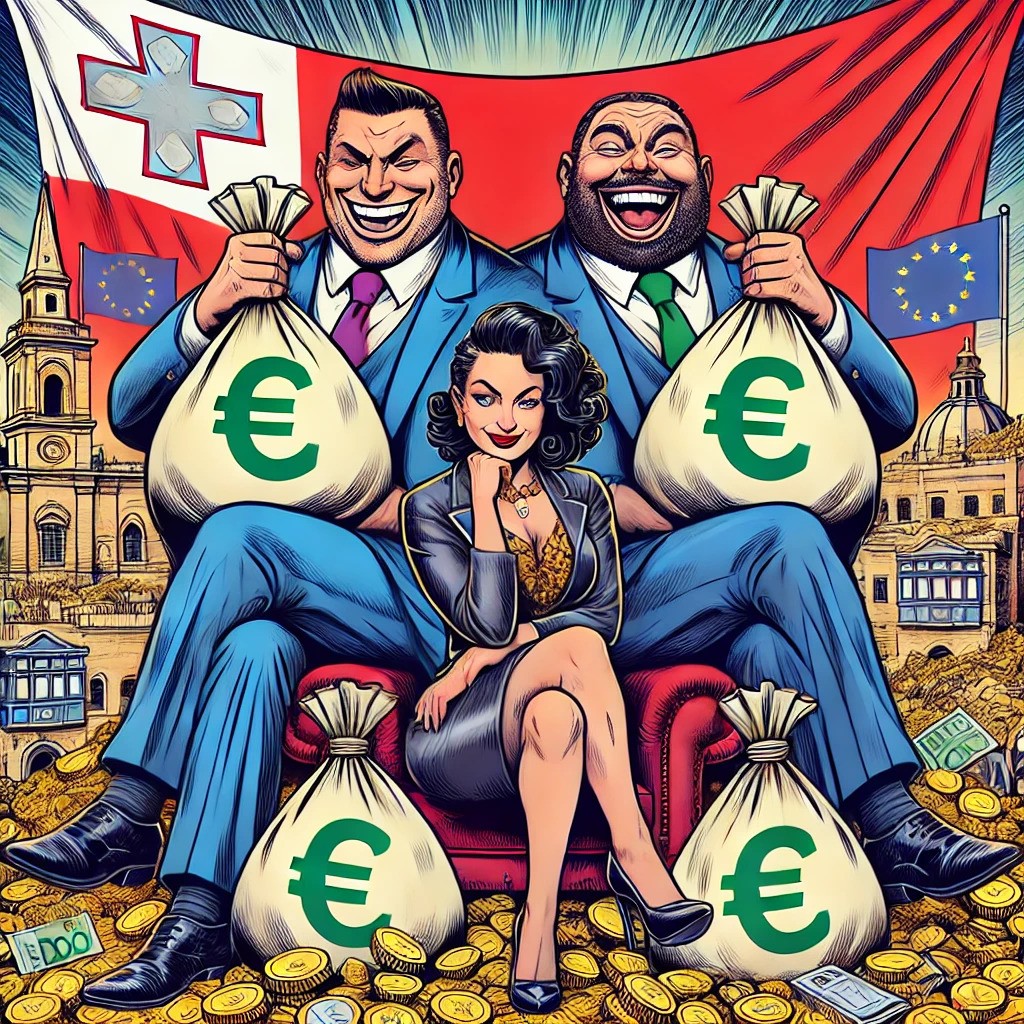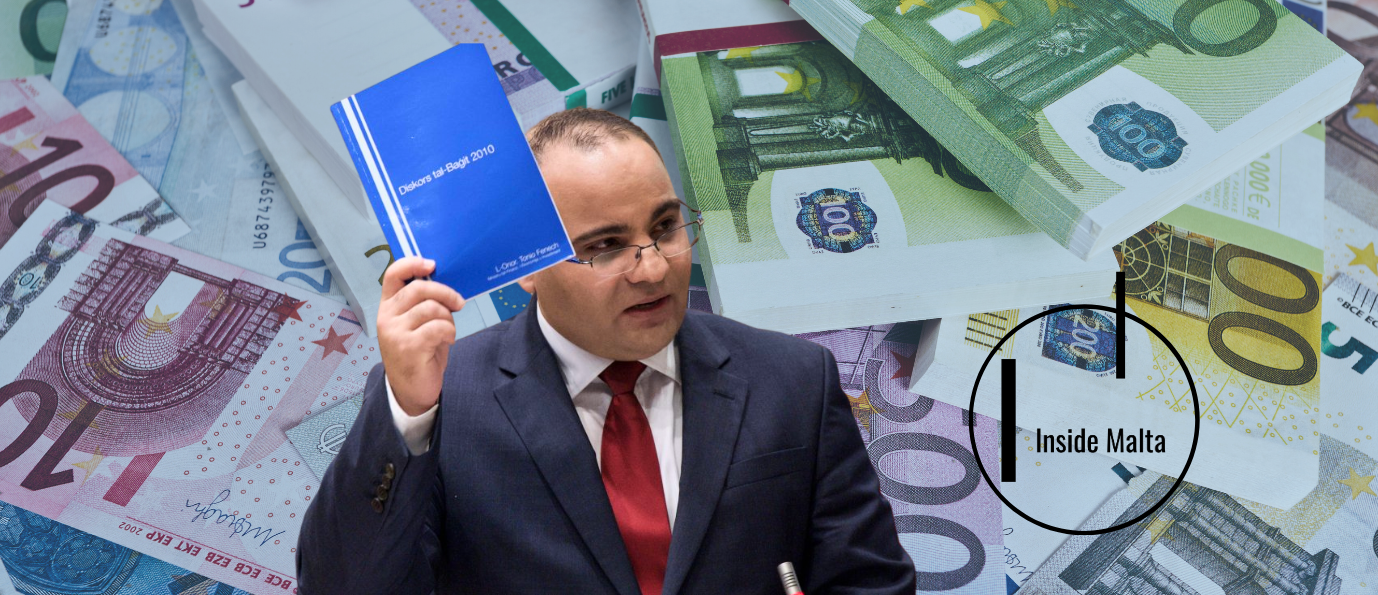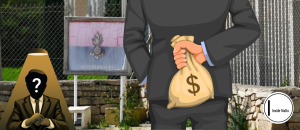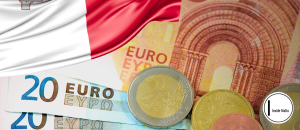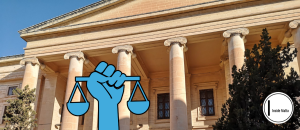In our small country of Malta, it’s common knowledge that the diversity in religion is, to say the least, lacking. According to a 2018 survey, 94% of the Maltese population identify as Catholic.
That mind-blowing percentage puts Malta as the country with the 5th highest rate of Catholics, globally.
This post will detect how this so-called “religious unity” has affected Maltese politics.
The constitution of Malta has consistently stated that the people of Malta have the right to religious freedom. However, it is also noted that Malta’s official religion is Roman catholic. That creates the perfect blend of acceptance for those different in religion while acknowledging that they are in short supply.
When a country has people who share similar religious beliefs and values, it’s usually a recipe for low friction levels. Theoretically, there should be a countrywide consensus surrounding important social and political matters.
In Malta, however, there’s more than shown on the surface. Malta is essentially divided into two sub-political categories:
On one side of the ring, we have liberal Roman Catholics. They are Labour party supporters that put a great emphasis on preserving religious rights while accepting western values.
On the other side, we have the conservative Roman Catholics, who tend to vote for the nationalist party. In the nationalist basket of values, they advocate for rules and political actions that are more traditionally acceptable.
This is a unique situation of absolute unity in religious beliefs and a simultaneous extreme difference in social values. This puts the entire future of Malta’s economy and political landscape on a highly tilting scale.
The growth of Catholics that wish to welcome the values and fundamental laws of the west is rapidly rising. This can be reflected perfectly in the party in charge in Malta for the past years and the rules it promotes.
